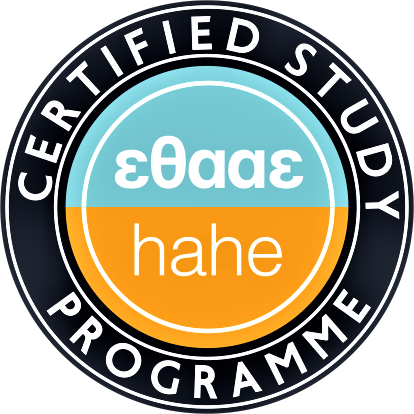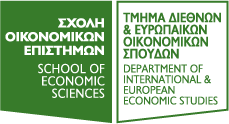Diplomatic System of the EU
NUMBER OF CREDITS ALLOCATED (BASED ON THE STUDENT WORKLOAD REQUIRED TO ACHIEVE THE OBJECTIVES OR LEARNING OUTCOMES): 6 ECTS credits
OBJECTIVE OF THE COURSE (PREFERABLY EXPRESSED IN TERMS OF LEARNING OUTCOMES AND COMPETENCES): Upon completion of the course, students will be able to understand the developing role of the EU as diplomatic actor in the arena of international politics. They will aslo be in a position to discern and comprehend the institutional developments of the diplomatic system of the EU, to assess the effects of the diplomatic cooperation of the EU with important international actors and institutions in the context of international governance.
PREREQUISITES: none
COURSE CONTENTS: The course examines the scope, nature and impact of the EU’s evolving role as a diplomatic actor after Lisbon. It assesses internal and external aspects of EU diplomacy in the context of a changing global landscape. It discusses the institutional developments of the EU diplomatic system and examines the main actors, processes and outcomes of the EU’s diplomatic engagement with major players and institutions in the context of global governance.
Outline of Thematic Areas
The thematic areas covered in the series of lectures (26 two-hour lectures) comprise:
The internal aspects of the EU diplomacy: (institutional and political modus operandi):
EU diplomatic institutions and foreign policy making in the EU: The agenda-setting roles of the High Representative of the Union for Foreign Affairs and Security Policy, and the President of the European Council). The European External Action Service: its structure, its agenda-setting role for EU foreign policy and its diplomatic service to and cooperation with other EU institutions. The development of a European Foreign Service: the structure and the work of the EU delegations around the world. The role of the Seconded National Experts as lobbyists, national insiders and advocates for EU approaches to foreign policy. The diplomatic role of other diplomats and bureaucrats from within the EU.
The External Aspects of EU diplomacy
Modes of EU representation and processes of EU coordination in international institutions, political and economic (UN, UN conferences and specialized agencies other IOs such as IMF, World Bank, WTO etc.); The role of the EU delegations and diplomatic corps for EU communication, political dialogue and outreach activities with IOs and major powers and EU strategic partners. An assessment of the EU diplomacy: towards a more coherent, more active and more capable voice for the EU on the international arena?
RECOMMENDED READING:
- Mahncke, D. and Gstohl, S. (eds) European Union Diplomacy (Brussels: Peter Lang, 2012)
- J. Koops and G. MacaI, (eds) The European Union as a Diplomatic Actor (London: Palgrave, 2015)
TEACHING METHODS: 1) Classroom lectures, 2) Literary analysis, 3) Interactive teaching, and 4) Essays/reports
ASSESSMENT METHODS: 1) Written examination at the end of the semester (100%) or 2) Written examination (90%) and presentation of project (10%)
LANGUAGE OF INSTRUCTION: Greek





 Patision 76
Patision 76 2108203 106 / 2108203 107
2108203 106 / 2108203 107 
